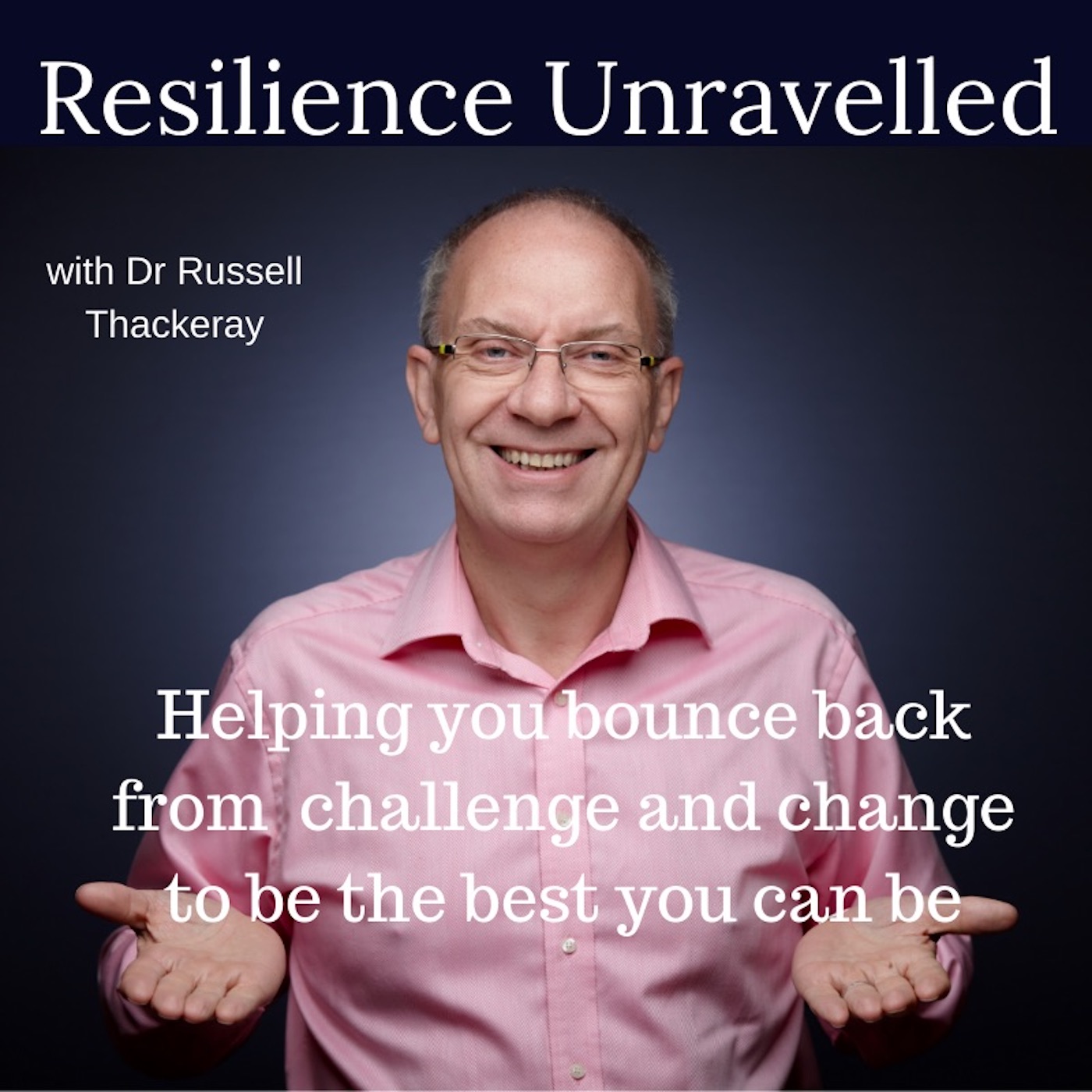- After-Shows
- Alternative
- Animals
- Animation
- Arts
- Astronomy
- Automotive
- Aviation
- Baseball
- Basketball
- Beauty
- Books
- Buddhism
- Business
- Careers
- Chemistry
- Christianity
- Climate
- Comedy
- Commentary
- Courses
- Crafts
- Cricket
- Cryptocurrency
- Culture
- Daily
- Design
- Documentary
- Drama
- Earth
- Education
- Entertainment
- Entrepreneurship
- Family
- Fantasy
- Fashion
- Fiction
- Film
- Fitness
- Food
- Football
- Games
- Garden
- Golf
- Government
- Health
- Hinduism
- History
- Hobbies
- Hockey
- Home
- How-To
- Improv
- Interviews
- Investing
- Islam
- Journals
- Judaism
- Kids
- Language
- Learning
- Leisure
- Life
- Management
- Manga
- Marketing
- Mathematics
- Medicine
- Mental
- Music
- Natural
- Nature
- News
- Non-Profit
- Nutrition
- Parenting
- Performing
- Personal
- Pets
- Philosophy
- Physics
- Places
- Politics
- Relationships
- Religion
- Reviews
- Role-Playing
- Rugby
- Running
- Science
- Self-Improvement
- Sexuality
- Soccer
- Social
- Society
- Spirituality
- Sports
- Stand-Up
- Stories
- Swimming
- TV
- Tabletop
- Technology
- Tennis
- Travel
- True Crime
- Episode-Games
- Visual
- Volleyball
- Weather
- Wilderness
- Wrestling
- Other
Chris Marshall - Controlling our emotional states
Keywords - Resilience – Neurodiversity – Neuroplascity – Creativity – Brain - EmotionsIn this episode of Resilience Unravelled Chris Marshall, a behavioural scientist who specialises in decision making and foresight. discusses the relationship between stress and pessimism.
Chris has a wealth of life experience and a unique perspective. As a High Functioning Autistic (HFA), Chris has always seen the world a little differently. But this different perspective has fuelled his curiosity and led him on a series of adventures – from ski racing to behavioural science to global macro strategy – to becoming a Master Distiller and owning an international award-winning distillery.
Chris is now director of the Fast Paced Complex Environments (FPCE) Institute, which brings together a wide range of fields to address some of the most complex challenges facing society today and he uses his unique perspective to offer fresh insights and new ways of thinking about the world around us.
In this podcast Chris discusses neurodiversity, the diversity in both brain wiring and thoughts and talks about how it has been seen as a disorder or disease in the past, but now it's being seen as a real source of creativity and different thinking. He also talks about his work in foresight, where he looks at trends and megatrends driving change globally. He believes that if we can harness humanity's natural abilities to be innovative, adaptable, and creative, we can overcome all obstacles ahead of us.
Main topicsHow stress can elevate pessimistic viewpoints due to neuroplascity effects on our brain circuitsWhy becoming aware of our emotional state is important for controlling it.How emotions are just signals representing ease of thinking about a specific concept and not necessarily positive or negative.<br/>
Timestamps1: Introductions (00:02 - 00:45)2: Discussion on Chris’s research on behavioural science, risk-taking, and foresight (00:45 - 07:52)3: The relationship between creativity, innovation, adaptability, and resilience (07:52 - 11:37)4: The role of self-inflicted stress and pressure in creativity (11:37 - 14:34)5: The importance of understanding the wider context and the uncertain and unsettling landscape of change (14:34 - 23:08)6: Human history's ability to be innovative, adaptable, and creative (23:08 - 24:27)7: Chris Marshall’s book, Decoding Change, and how to find more information about it (24:27 - 29:16)8: Conclusion and final remarks (29:16 - 29:42)
Action itemsFind out more about Chris at Fast Paced Complex Environments (FPCE) Institute or https://www.theuncertaintyscientist.com/ or https://www.chrismarshall.uk/ Chris’s book is "Decoding Change"<br/>

